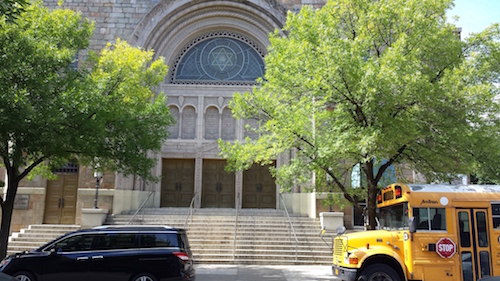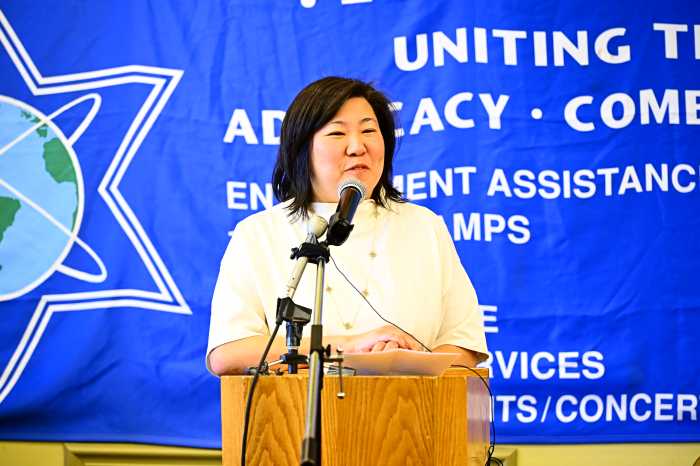In an editorial posted last Friday, KCP wrote that one need not be a Talmudic scholar to understand Boro Park “bigwigs” are raking in the big bucks while poverty-stricken Jews are given the shaft.

I believe I can speak from a unique perspective. For five years I had the privilege of serving as Executive Director of the Boro Park Jewish Community Council, where I was on the front lines daily dealing with local issues of Jewish poverty. I cannot even begin to recount the numerous phone calls and emails I received from many of the dedicated community leaders you negatively label as “bigwigs”. These selfless activists constantly expressed their heartfelt concern over particular families in dire situations and how we can be of assistance to them. In fact I could have not have been successful were it not for their assistance and partnership in the mission of combating poverty. Also noteworthy that many of these efforts took place quietly and behind the scenes.
Furthermore your editorial references the packages of Shabbat food left by the “bigwigs” on the doors of impoverished Jews every Thursday afternoon. Can your writer tell me in how many other neighborhoods or communities across NYC do these types of distributions take place in? The answer is very few if any. It is just one of the myriad acts of charity and kindness that take place daily in Boro Park and surrounding neighborhoods and to even suggest that community leaders lack concern for impoverished Jews simply flies in the face of the everyday reality. Generosity and compassion are the hallmarks of the Boro Park community and the writer knows it.
Now let’s discus yeshiva tuition. Many Boro Park Yeshiva will accept children whose parents can only pay about $3000-$4000 per annum and sometimes even less. Compare that with private school tuition elsewhere which can range to up to $30,000 per year. The cost of tuition in Boro Park is far less that the cost of educating their students. While the editorial writer may think yeshivas are “raking in the big bucks”, the reality is that most yeshiva administrators spend all their waking hours, along with many sleepless nights worrying how they are going to make the next payroll. Oftentimes their first call in the morning is to the bank to see how much money they will need to miraculously come up with that day to cover their obligations. As parents rightfully demand proper education for their children, the costs of providing that education rises considerably faster that the amount of tuition revenue coming in.
In my current position as Director of New York Government Relations for Agudath Israel of America, I have spent many days away from my family in the state capital in Albany fighting , along with my colleagues, for meaningful tuition relief. We are certainly aware of the struggles many large families go through to even make minimal tuition payments. But at the same time many dedicated yeshiva teachers are months behind in their own meager salaries, and often have to rely on the generosity of friends and relatives, and sometimes even resort to public assistance to stay afloat themselves.
Your editorial writer is certainly within his right to opine on the politics associated with a suddenly available city council seat, and readers can agree to disagree. But to turn a political conversation into an indictment of an entire community’s leadership with accusations of selfishness or worse is simply beyond the pale. Our mothers always taught us, if you have nothing nice to say, say nothing. I believe that rule is extremely appropriate in this case.
Rabbi Yeruchim Silber is Director of New York Government Relations for Agudath Israel of America. He previously served as Executive Director of the Boro Park Jewish Community Council










